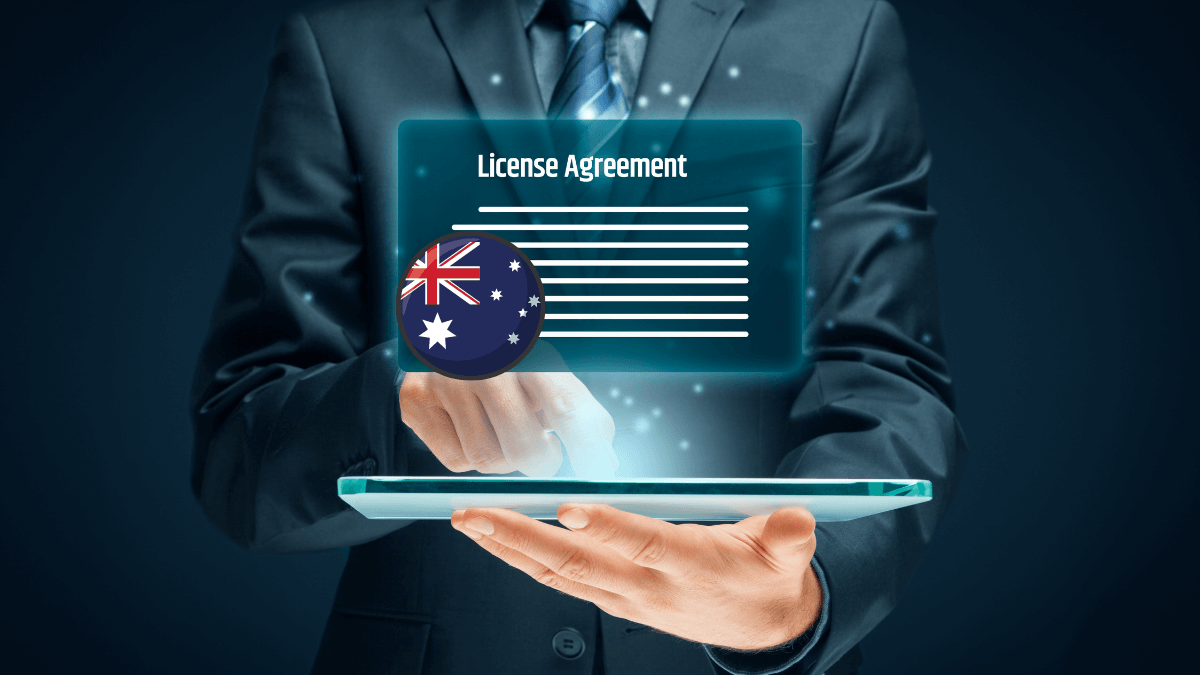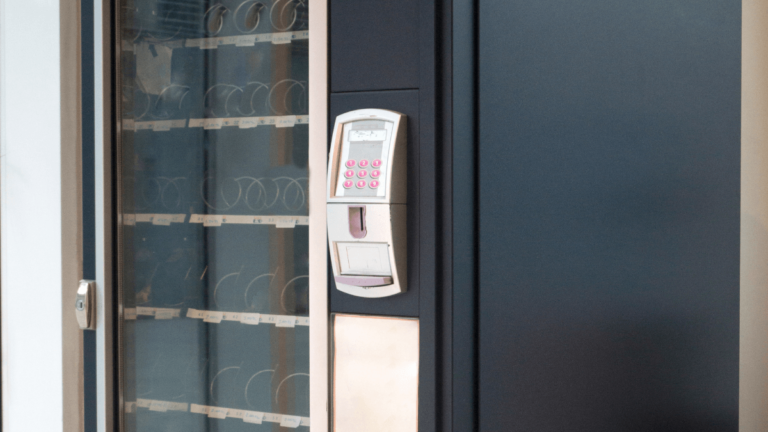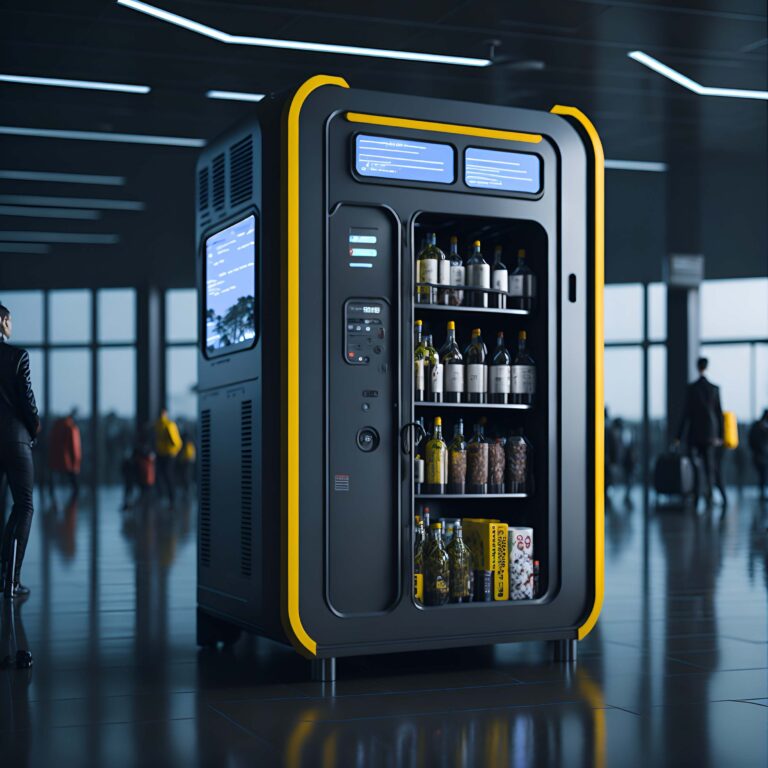Vending Machine License Australia: Criteria (ABN/ACN)
A lot of people are interested in running a vending machine business on the side, which is a great way to boost your passive income.
Yet, many are confused about whether you need a license or legal permit for it. So, do you need a vending machine license in Australia?
You don’t need a special license to operate a vending machine in Australia. However, if you want to run a vending machine business, you still need an Australian Business and/or Company Number (ABN/ACN).
Additionally, setting up a vending machine in a commercial space requires permission.
If you’re interested in starting a vending machine business in Australia and don’t know where to start legally, this article has got you covered.
Keep on reading as we guide you through the process of obtaining an ABN/ACN and what it costs to get permission for your machine!
RELATED READ: How Much Is a Vending Machine in Australia?
Do Vending Machines Require Licensing in Australia?
There’s no special license required in order to operate a vending machine business in Australia. In other words, vending machine operators, whether they’re working for a business or independently, are not legally required to apply for a license.
However, if you own a vending machine and you want to run a vending machine business, you still need to get an Australian Business Number (ABN) first. This ABN is a standard procedure for any commercial business in the country and isn’t specific for vending machines.
Also, if you want to start big and run a vending machine business through a company, you’ll need to apply for an Australian Company Number (ACN).
Like the ABN, ACNs are also considered mandatory standards for all businesses that are run through companies in the country.
Additionally, depending on where you’re going to place your vending machine you might need to ask for a permit or sign an agreement with the entity that owns it.
RELATED READ: Do You Need an LLC for Vending Machines Business?
Are There Any Products That Require Special Licensing in Australia?
Besides ABN and/or ACN, you don’t need a special license in order to run the vending machine business. Yet, the products you’re going to sell in the machine may still require a specific license.
For instance, food items that require special temperature control (refrigeration or heating) may still require obtaining a license.
So you still need to consult with the local council and the Australian Vending Association (AVA) for more information about it.
Where Can You Place a Vending Machine in Australia?
It goes without saying that picking the right spot for your vending machine has a tremendous impact on your sales and profits.
Ideally, you should always aim for high-traffic areas, especially in spots that don’t have a lot of food options to pick from.
Here are some of the best spots to place your vending machines in Australia:
- Retail stores and shopping malls
- Offices and workspaces
- Bowling alleys
- Gyms and health clubs
- Apartment complexes
- University campuses
- Arcades
- Airports
- Hospitals
As you can see, there are tons of great spots where a vending machine can attract a lot of customers.
However, unless you own these businesses, you’re still required to get permission from the owners in order to place and operate your vending machine.
How Much Does a Vending Machine Cost in Australia?
Different vending machines can vary in price depending on their model, size, and features. Ideally, you can get the vending machine as cheap as 2,000 AUD and all the way up to 10,000 AUD.
This doesn’t include the costs of other aspects, such as renting the space where you place the machine, stocking the inventory, and maintenance.
How Much Does It Cost to Place a Vending Machine in a Commercial Space?
While you can place a vending machine in tons of places, some spots are more profitable than others. For that reason, the costs of placing a vending machine in commercial space will vary.
Keep in mind that you’ll also be using the place’s electricity as well as water (in the case of coffee machines).
A typical hotspot for a vending machine will vary from as low as 10 AUD per month and all the way up to 100 AUD per month.
On the other hand, some places don’t charge a fixed fee and will take a percentage of your earnings, which can range from 10% to 25%.
How to Obtain an Australian Business Number (ABN)
Applying for ABN is pretty easy and you can apply online through the Business Registration Service website or through a tax agent, although they might charge you a small fee.
On the website, fill in the required information about your business, including your contact information, business activity details, proof of identity, etc.
Luckily, applying for ABN and ACN is free in Australia, so you don’t have to worry about the expenses here!
Is Investing in Vending Machines in Australia Worth It?
Owning a vending machine business is an excellent investment, whether you’re looking for an easy way to make some extra cash on the side or you’re planning on expansion into a large business. Here are some of the advantages that vending machine business offers:
- You can start your business with a relatively small capital by getting a used vending machine in a good condition
- You don’t have to heavily stock up your inventory
- Can easily automate the job into a passive income by hiring a vending machine operator to take care of the business
- A low-risk investment with a relatively quick ROI
Wrap Up
With that said, you now have a brief guide with everything you need to know about vending machine licensing in Australia.
Technically speaking, you don’t need a general license to operate or own a vending machine. However, you still need to have an ABN or ACN to run a legitimate business.
Additionally, depending on where you’re going to place your vending machine, you might need to get permits and legal agreements with the commercial space owners, whether it’s a mall, a bowling alley, an office, or others.
Luckily, both ABN/ACN and permits are free and relatively easy to get, although agreements with commercial spaces will cost differently depending on the owners.






